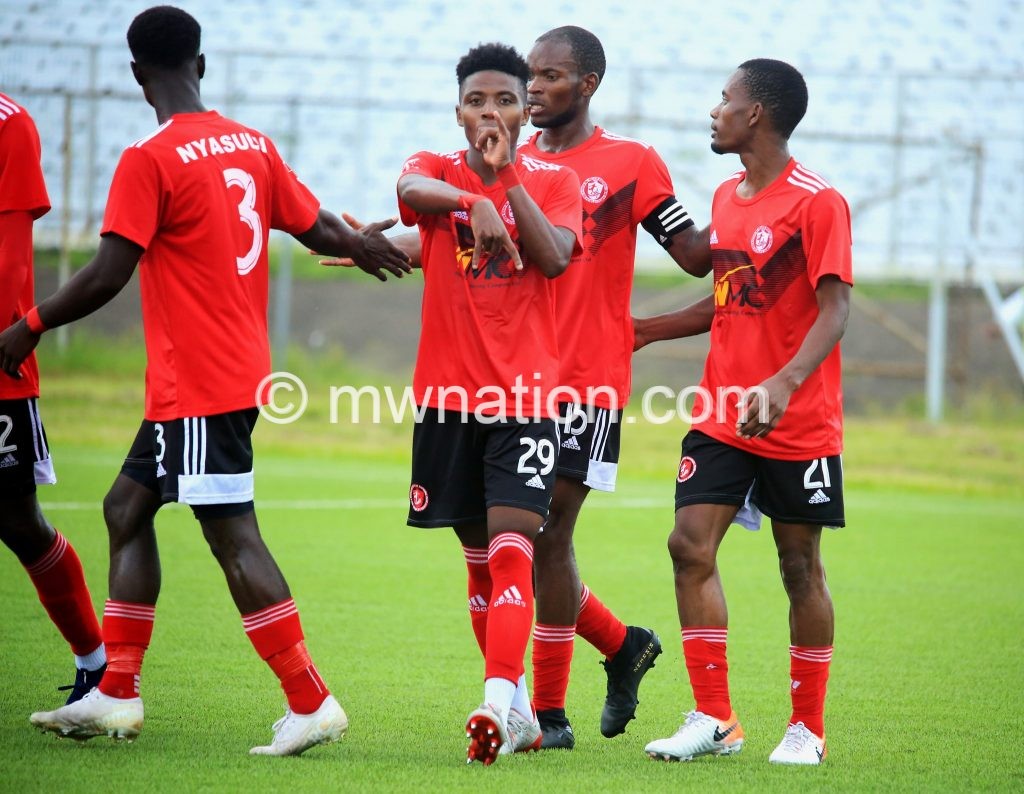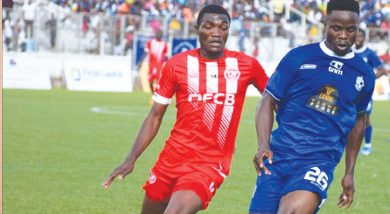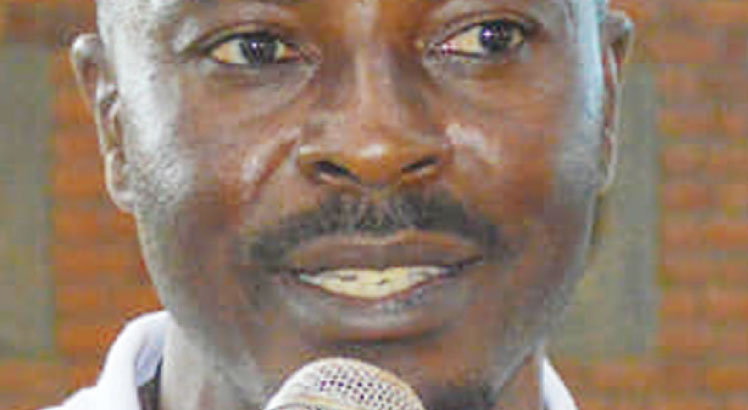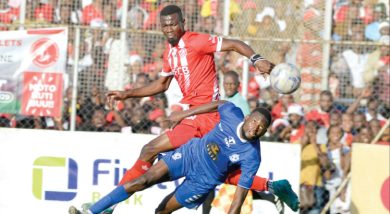Clubs blame FAM, Sulom for commercialisation failure
Elite football clubs say they are struggling to operate as commercial entities due to FAM and Sulom’s failure to come up with policy guidelines and commit to the process’s enforcement.
The clubs were reacting to the fact that a decade after the launch of a commercialisation drive, only two of the 16 TNM Super League clubs, Nyasa Big Bullets and Silver Strikers, have embraced it.

Football Association of Malawi (FAM), under Fifa guidance, convened a seminar in 2009 for elite league clubs to embrace the Lilongwe Declaration, which enlightened them on financial independence.
As per club licensing system (CLS) requirements, top-flight clubs are, among other things, required to have a secretariat complete with a chief executive officer (CEO) and an accountant, but most of them are still run by elected executive committees.
Mighty Wanderers chairperson Simon Sikwese, whose entity is the oldest among Super League clubs, said having a proper management set-up is a way to go as far as commercialisation is concerned, but football authorities need to provide them with policy guidelines and build capacity on how clubs should embrace the process.
“As Wanderers, we are prioritising the welfare of our players because we know that apart from having a strong resource base, commercialisation requires mindset change and a need for football authorities to provide policy guidelines on how to go about it.”Meanwhile, we are walking in the dark in this aspect because FAM and Super League of Malawi requires corporate support.
Unfortunately, the economic environment is not allowing companies to come and support clubs. The little funds we get go into our players’ welfare just to sustain the team,” Chikoti said.
Lutepo explained that being new in the Super League, his club can hardly embrace the commercialisation concept without being guided on how the drive works.
“Given the necessary support, we can embrace the drive. Otherwise, we are new in the Super League and we need to be enlightened on how we can go about it,” he said.
Sulom officials declined to comment on the matter.
FAM GS Alfred Gunda said FAM is not failing to enforce CLS requirements, but rather it is facing challenges in the implementation.
“It is not a day’s job to transform Malawi football. What is lacking is for clubs to abide by what they subscribe to in processing their commitments to be part of the league at elite level. To commercialise, we need to professionalise. The professional aspect will set the ball rolling for commercialisation to bear the desired results,” he said.
“To fully commercialise, we need clubs that are professionally set up. Embracing modern ways of running clubs is a process that is resource demanding and the levels that our clubs operate on, present a challenge and this affects the process of the initiative.”
Football analyst George KaudzaMasina said clubs are taking advantage of football authorities’ laxity on embracing the drive to ignore the commercialisation process.
“Even Sulom itself does not have a fully-fledged secretariat. What picture does that portray to the clubs? With Sulom as the main culprit, it will be difficult to police the clubs when the league runners are at fault themselves,” he said.
The analyst said Sulom is also to blame for allowing financially crippled teams to get promoted into the top-flight league. He also said it is a shame to note that regional leagues dare to join the elite league knowing they will always be hoping for a bailout all the time.
Former FAM GS Charles Nyirenda concurred with KaudzaMasina that apart from financial challenges, FAM and Sulom complicate things by running football as a social game, claiming they seem to have “no will to change anything for the better”.
“Without enforcement of commitments made by the clubs to become commercial entities, how can change occur?” he wondered.





